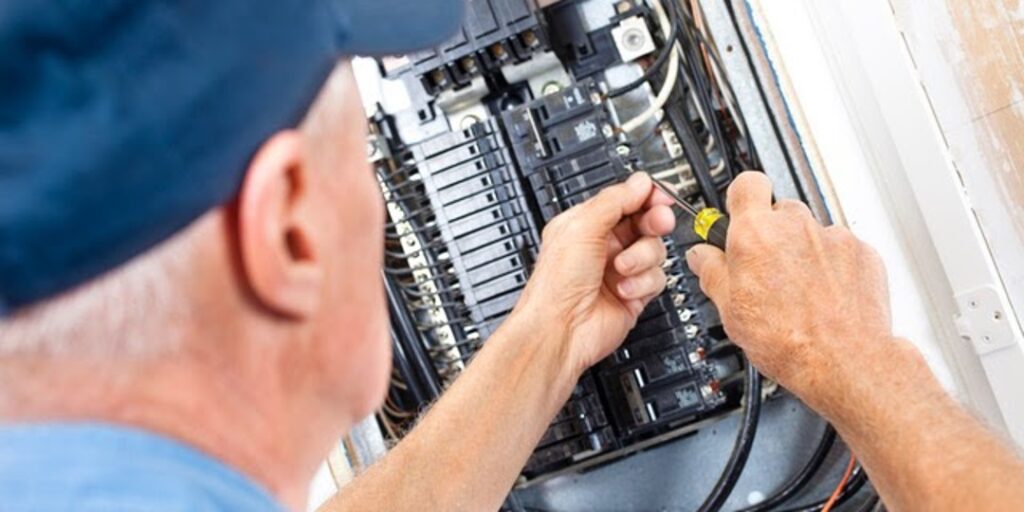
Circuit breaker malfunction reasons are as diverse because they are different. It’s certainly worth the effort to learn how it really impacts or, more leads to a breaker that fails. This helps you to rapidly and accurately assess the issue and take an informed choice.
It seems circuit breakers are critical to the safety of your electricity supply. This trips protect you from any harm due to faulty wiring and surges. What will provide you with protection if anything has gone wrong?
What is a circuit breaker?
The circuit breakers are automatic switches designed to protect a circuit from electrical dangers. It controls the quantity of current that flows across a cable or the rate at which energy moves through it.
Its principal function is to interrupt the transmission of electricity in the case of a failure. Each breaker is designed to fail or closed down when certain current loads are applied. Whenever the breaker surpasses its maximum limit, the excess power causes the breaker’s cables to become very hot.
Common problems of circuit breaker:
If you suspect that your home has a faulty electrical system, be alert to the signs and associated hazards.
Miswiring:
If you’ve a wiring issue inside your electricity supply, this might lead your breakers to trip when it don’t need to.
Electrical wiring issues might also cause power to continued to flow throughout the connection even when it is turned off. Faulty cabling frequently causes electrical shocks and fire concerns. If you haven’t had an electricity safety check in a long time, you need it for your life and children to schedule one right away.
You should also get the home’s cabling and circuits inspected by authorities to ensure that they meet all relevant electricity rules and safety standards.
Overload:
Overloading has been the most common cause of blown circuits. This frequently implies that a large number of gadgets are being operated or attached to a particular electrical current source. When an overwhelming number of devices are linked in a specific location, the route to which they are attached becomes overloaded.
It would then crash or switch off fuses to protect circuits from overloaded. If the circuit breaker routinely trips, it means you are overflowing the line and should shift specific appliances and devices.
Short circuit:
A short circuit happens when electricity deviates from its planned course. Currents running on a hot wire, for example, may unexpectedly enter a neutral one.
What makes this so dangerous? The total resistance drops nearly instantly. When resistance decreases, a large amount of electricity flows through the unwanted wire.
Anything at all in its route will be charred, therefore expect the fuse to fail once it is activated. Even if you attempt to restart it, it will continue to crash. That’s why, when the short circuit occurs but there is insufficient breaker to safeguard your connections, you will frequently witness smell and even burning.
Faulty grounds:
Grounded connections are as ubiquitous in residential homes as they are in large and corporate building circuit systems. They occur when wires come into contact with items they shouldn’t have to, such as metals or even another neutral wire. They are especially harmful in wet environments, like kitchens and toilets.
These errors are, overall, comparable with short circuits. They’re also known as hard shocks since they have a quick increase in the flowing of power as a consequence of the resistivity suddenly falling.
Accidental power surge:
These are voltage spikes caused by thunderstorms or the occurrence of static charge around. You also might face them if you overused extension cables or utilize equipment that draw far more power than your circuit’s current capacity. This happen in a moment and have a bad impact on breakers.
Final thoughts:
Breakers are an important part of electric power security, but they can develop a number of issues that prevent them from working correctly. If you really want to discover what leads your breaker to fail, definitely check at the above-mentioned probable causes. Also, keep in mind that you’ll need to replace any that malfunction without falling. If you would like to validate your assessment, don’t be afraid to consult a skilled electrician such as Electrical Surplus Supply.
